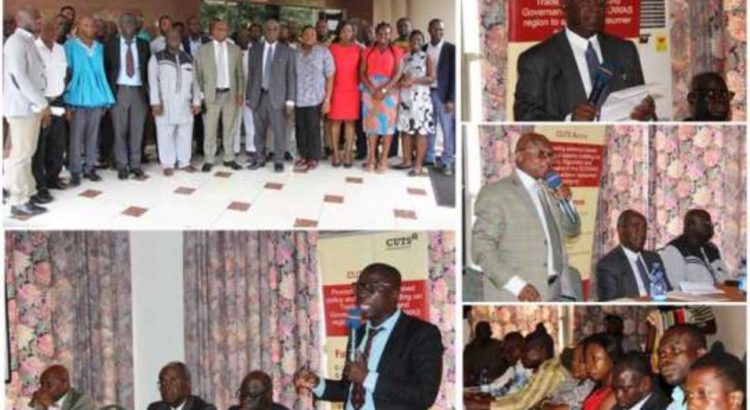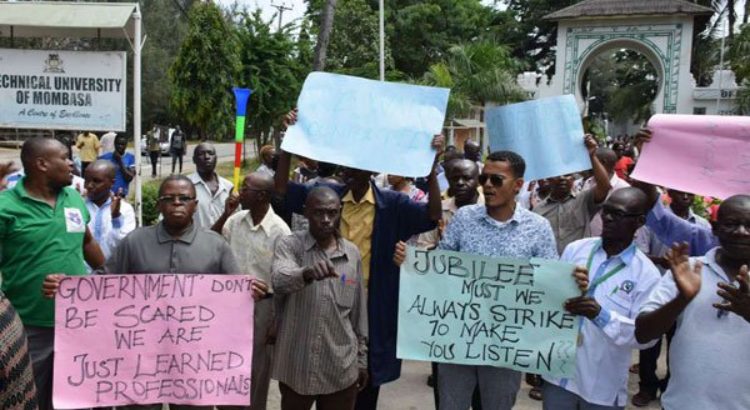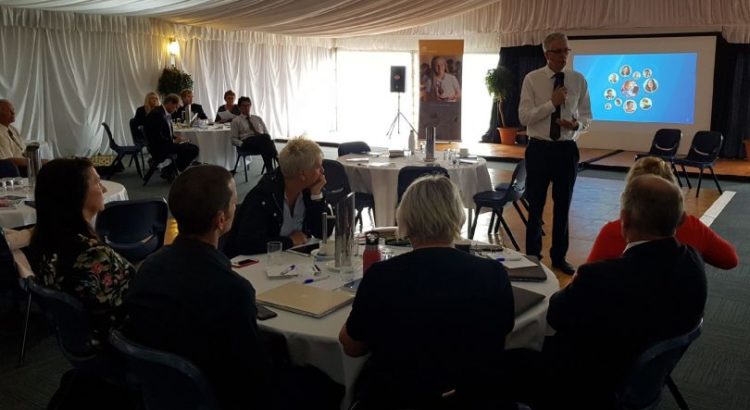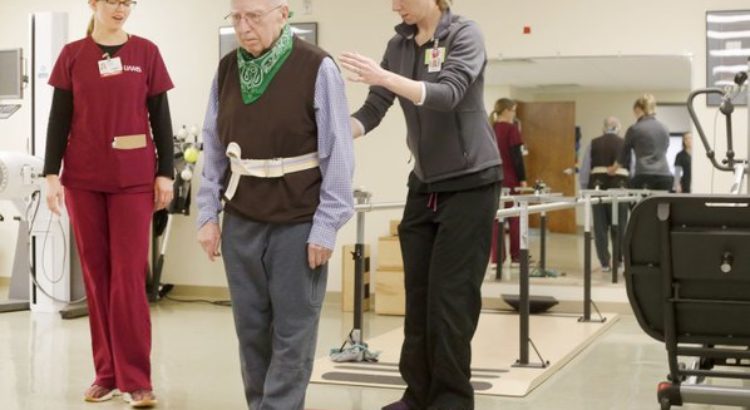España/13 de marzo de 2018/Por: GÁDOR MANZANO / EDGAR ZAMORA/Fuente: https://elpais.com
Todos los días, 500 niños y jóvenes menores de 18 años mueren en las vías de todo el mundo y miles más sufren traumatismos en accidentes de tráfico.
Todos los días 500 niños y jóvenes menores de 18 años mueren en las carreteras de todo el mundo y miles más sufren traumatismos debido a los siniestros de tráfico. El 95% de las víctimas mortales infantiles en carreteras tiene lugar en países de ingresos bajos y medios y, en América Latina y el Caribe, los siniestros viales son la principal causa de muerte prematura y de discapacidad física en jóvenes entre los 15 y los 29 años, según datos de la Organización Mundial de la Salud (OMS)
Los siniestros de tráfico provocan no solamente el dolor y sufrimiento de las víctimas y sus familias sino también generan un importante coste social y económico que, en algunos países, se estima que puede llegar a alcanzar el 3% de su Producto Interior Bruto (PIB).
Los niños y los jóvenes son los más afectados por la falta de seguridad vial. Desde el punto de vista físico, son más vulnerables a traumatismos graves. Cognitivamente, pueden tener más dificultades a la hora de interpretar las señales, la distancia o la velocidad de los vehículos en movimiento; y, además, los adolescentes son más propensos a tomar riesgos.
El Banco Interamericano de Desarrollo (BID) acompaña técnica y financieramente programas de transporte en la región de América Latina y el Caribe. Esto le ha permitido ensayar una serie de herramientas y estrategias de apoyo a los países en materia de seguridad vial, incluyendo acciones de educación y concienciación en los usuarios de las vías. Un compendio de las experiencias de más éxito fue recopilado en una publicación en la que se concluye, entre otras cosas, que para salvar vidas en las carreteras los países deben trabajar en asegurar el marco normativo, presupuestario e institucional para hacer llegar a niños y jóvenes mensajes que protejan su vida en las carreteras.
Hay tres lecciones prácticas que aprendimos trabajando en el diseño e implementación de campañas de educación en escuelas de primaria:
1. Diseñar mensajes específicos para una audiencia infantil y juvenil
A los niños se les debe hablar en su lenguaje; dicho de otra manera, los discursos solo interesan a los adultos. Se deben usar frases sencillas y mensajes concretos sobre la importancia de seguir las reglas de la seguridad vial y comportarse de manera segura en las calles. También se pueden usar juegos y recursos lúdicos como el teatro, la música y las marionetas para captar la atención y dejar implantados los mensajes en los niños.
2. Los padres también deben aprender
Experiencias internacionales han demostrado el efecto multiplicador que tienen las campañas de seguridad vial en los pequeños sobre sus familias y cuidadores. Los chicos se convierten en portavoces de los mensajes que reciben en la escuela y los llevan a sus casas, sensibilizando también a sus familiares.
3. El sector privado tiene un papel importante
Los actores del sector privado, ya sean firmas constructoras o supervisoras de obras o fabricantes de materiales de seguridad vial, son potenciales socios para involucrarse activamente en las campañas de seguridad vial y normalmente están dispuestos a aportar recursos, redes y experiencia para las iniciativas. En algunos casos hemos visto como la seguridad vial es adoptada por el sector privado de la empresa de la construcción como uno de los principales temas de sus estrategias de responsabilidad empresarial social y se le asignan presupuestos importantes para ejecutar actividades específicas en los proyectos en los que estas empresas participan.
A partir de la experiencia del BID, sabemos también que para lograr éxito y resultados positivos en las estrategias de comunicación y educación vial se necesita contar con material formativo adecuado a cada grupo etario y entorno sociocultural; además de trabajar en la inclusión y capacitación de los docentes en las escuelas. Las iniciativas que se llevan a cabo en forma puntual o esporádica pueden tener un impacto positivo, pero limitado geográfica y temporalmente, por lo que no consiguen resultados perdurables en el tiempo ni para toda la población. Por eso el BID apoya a los países en el fortalecimiento de su marco normativo, presupuestal e institucional para llevar a niños y jóvenes los mensajes sobre acciones y comportamientos que les puedan salvar la vida en las carreteras.
Fuente de la Noticia:
https://elpais.com/elpais/2018/03/05/mamas_papas/1520236425_727214.html














 Users Today : 58
Users Today : 58 Total Users : 35433426
Total Users : 35433426 Views Today : 66
Views Today : 66 Total views : 3372177
Total views : 3372177